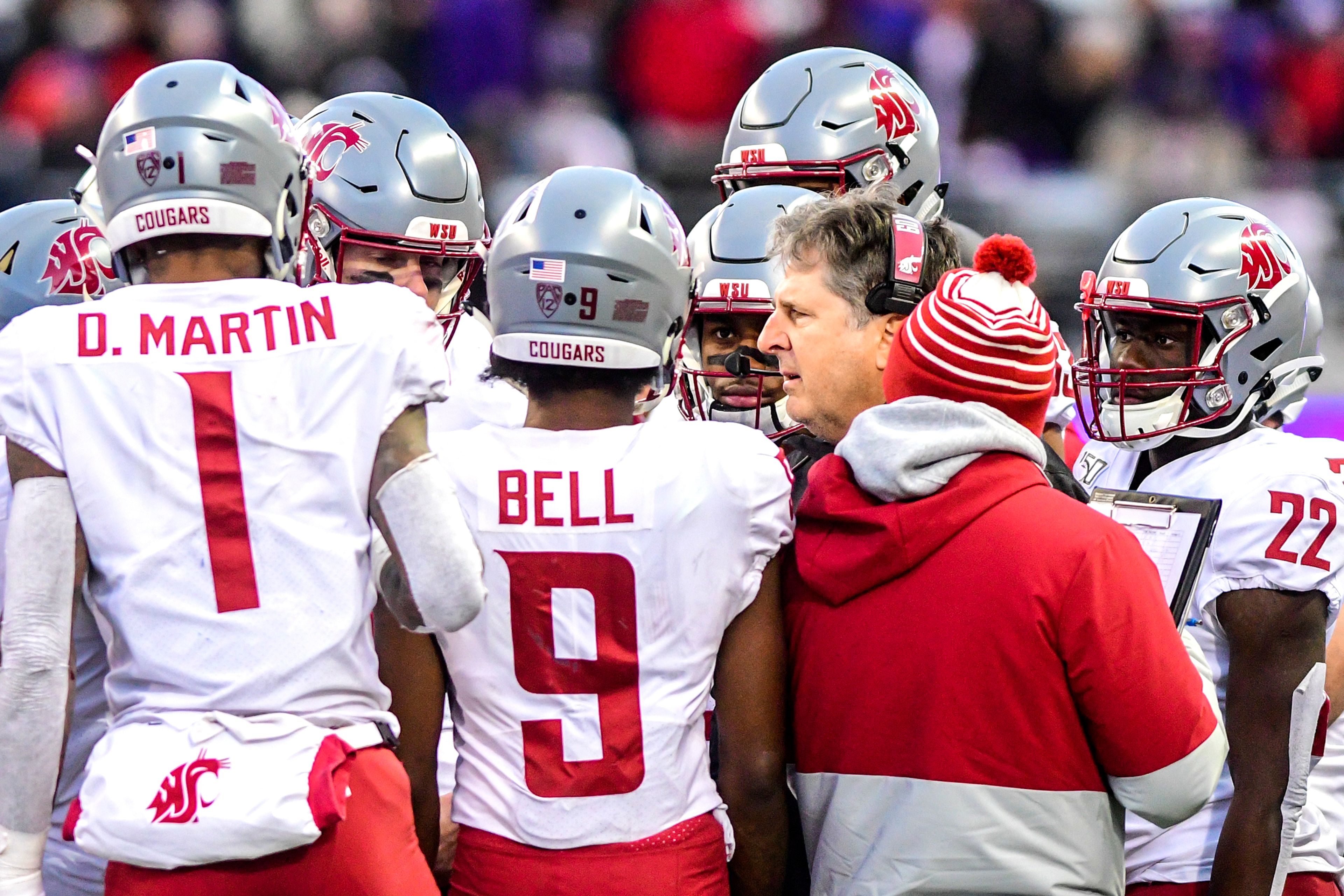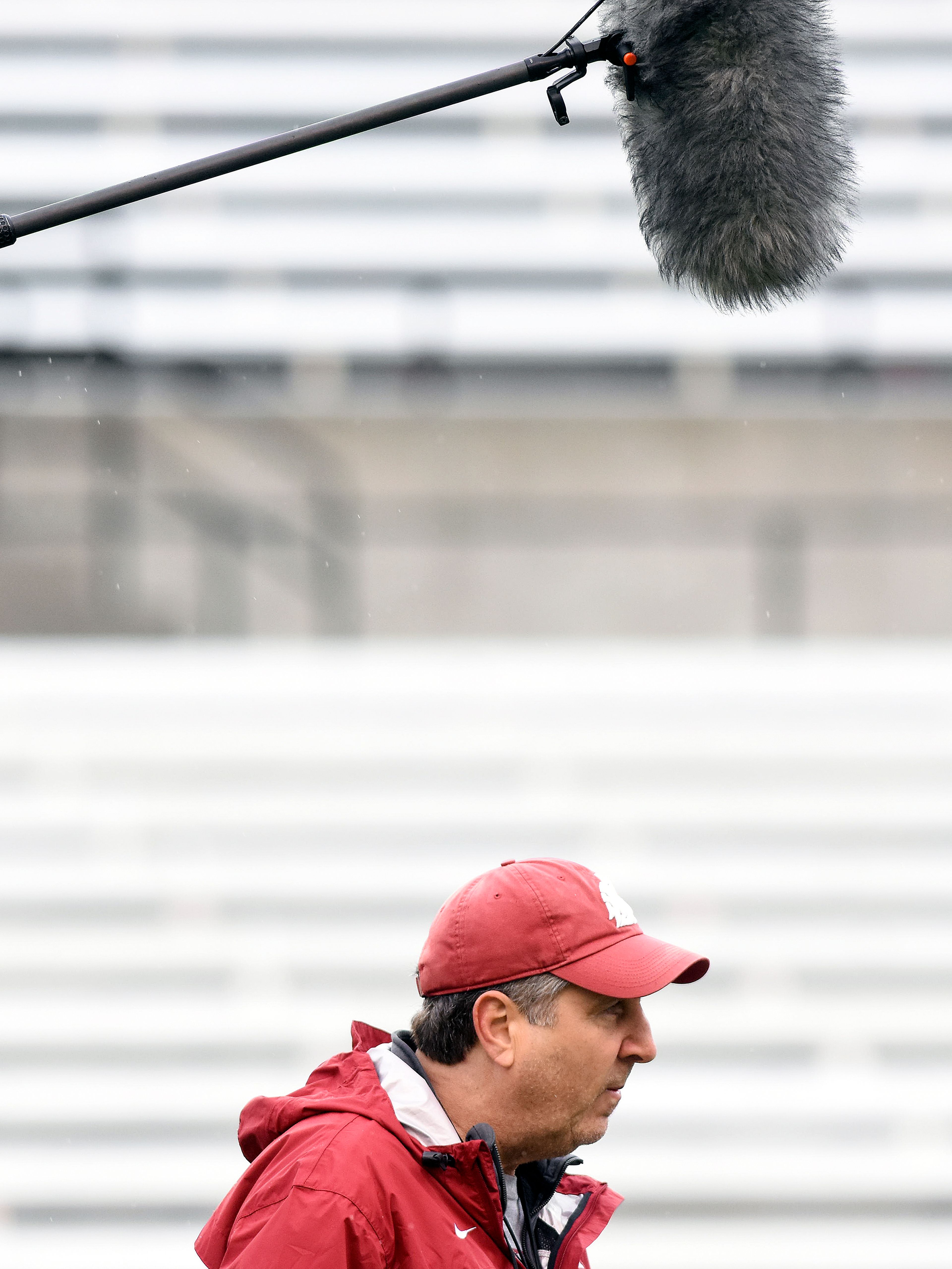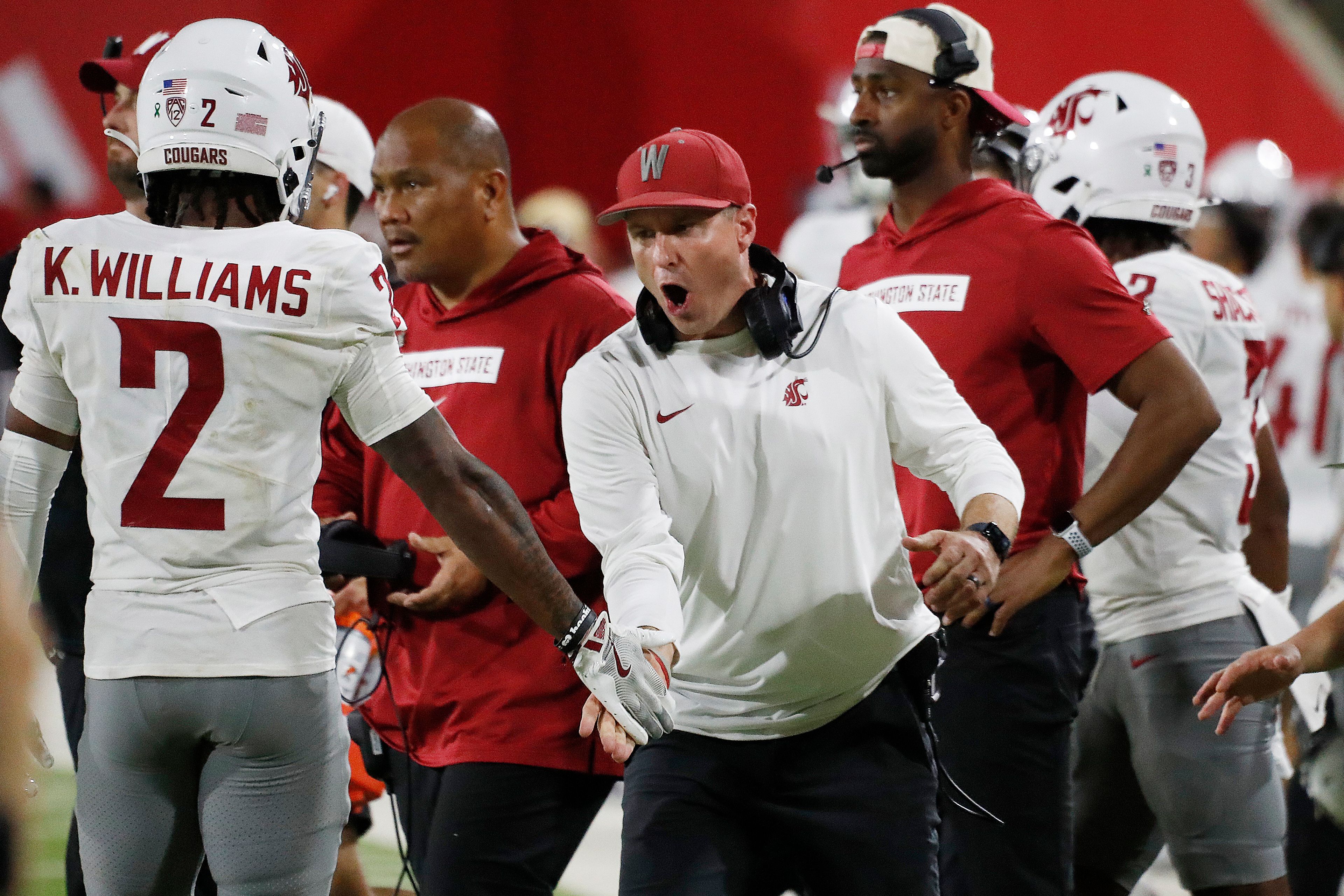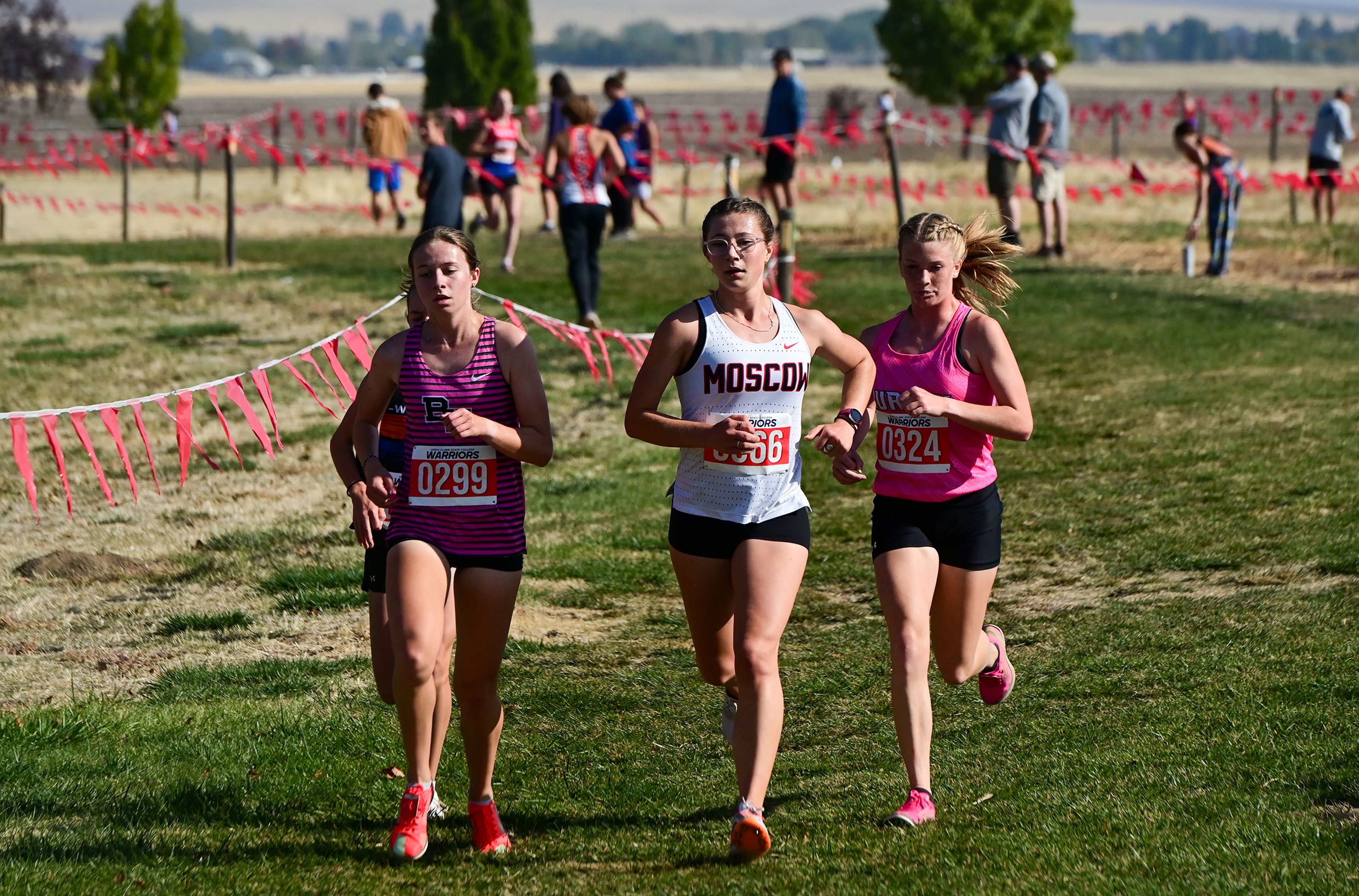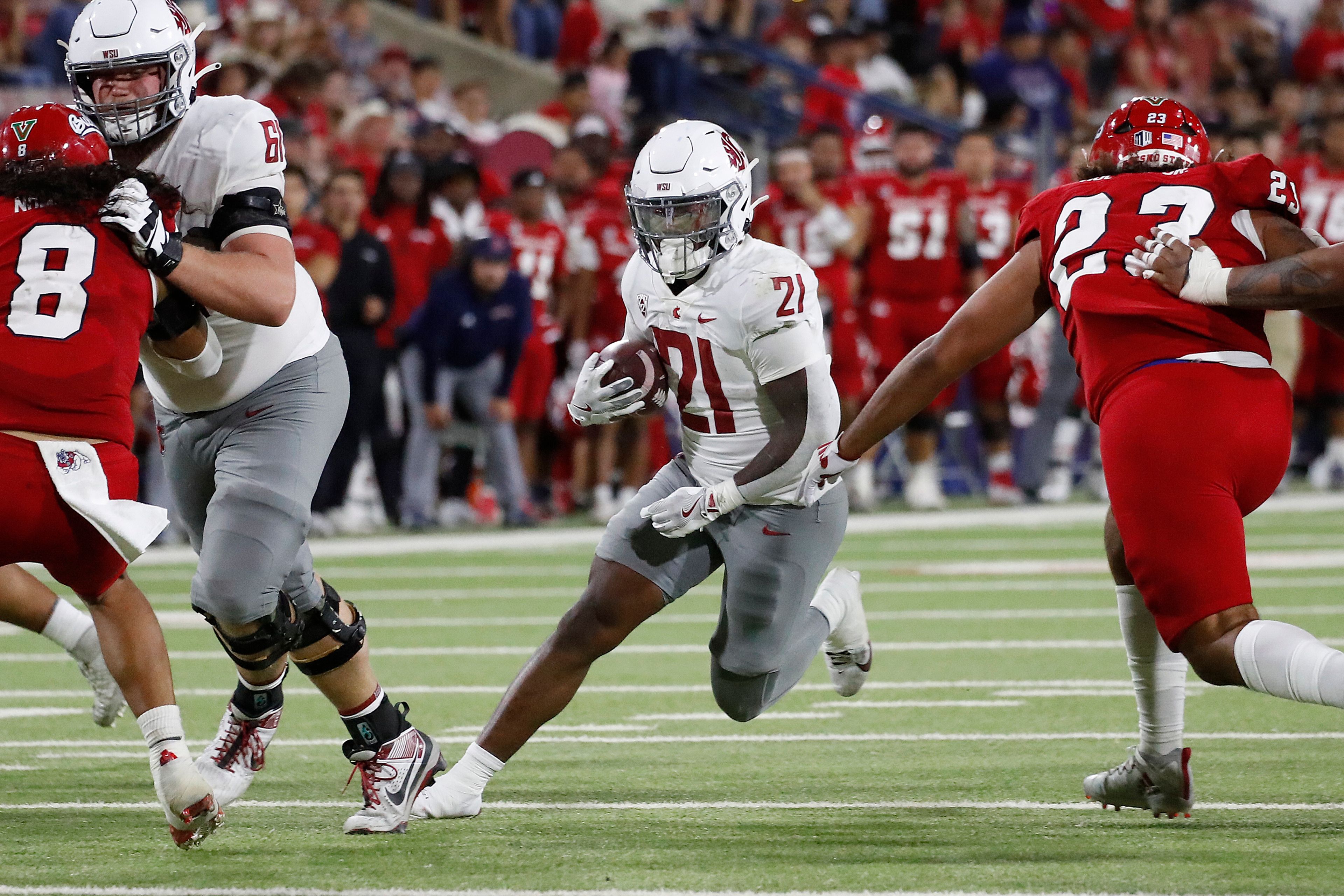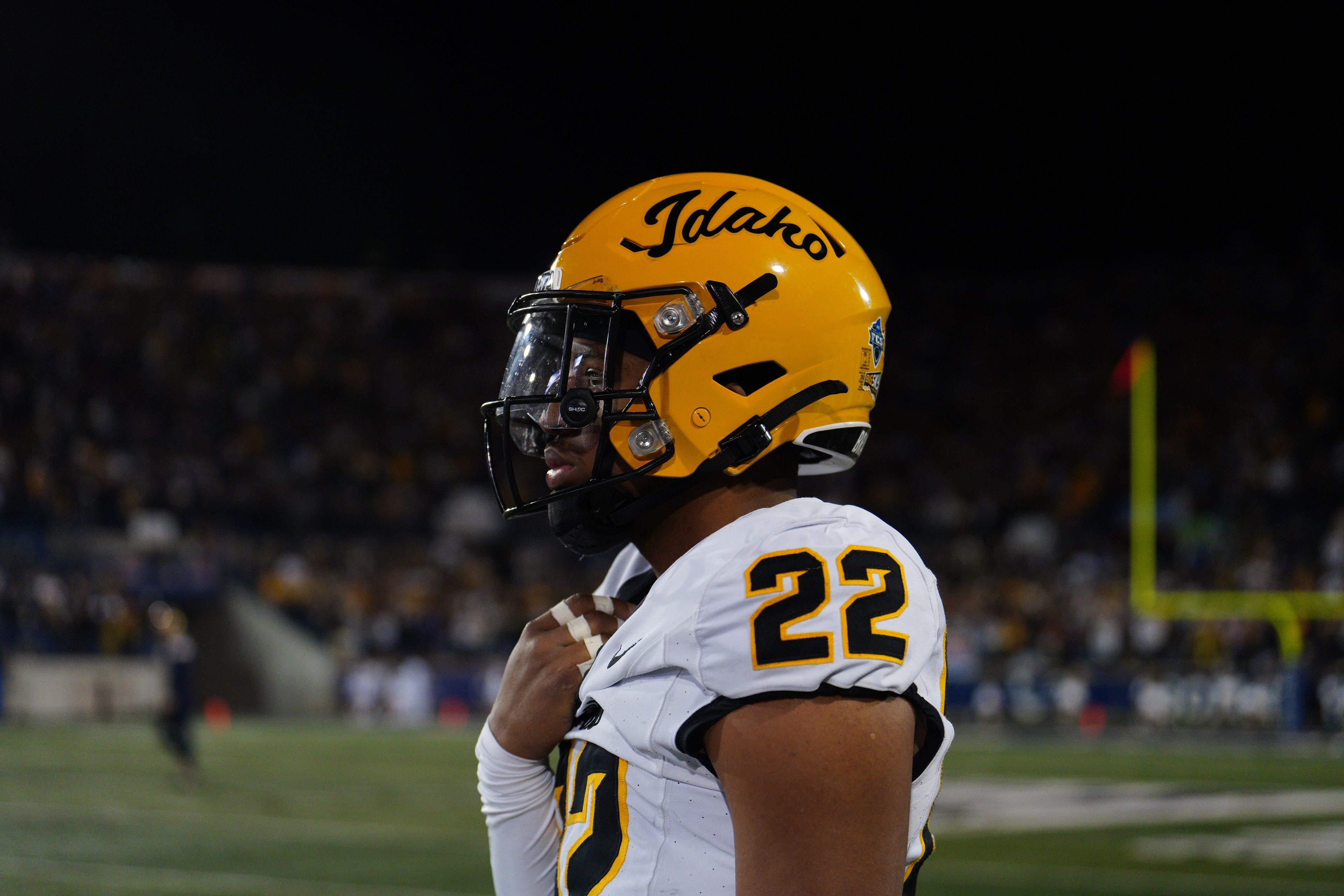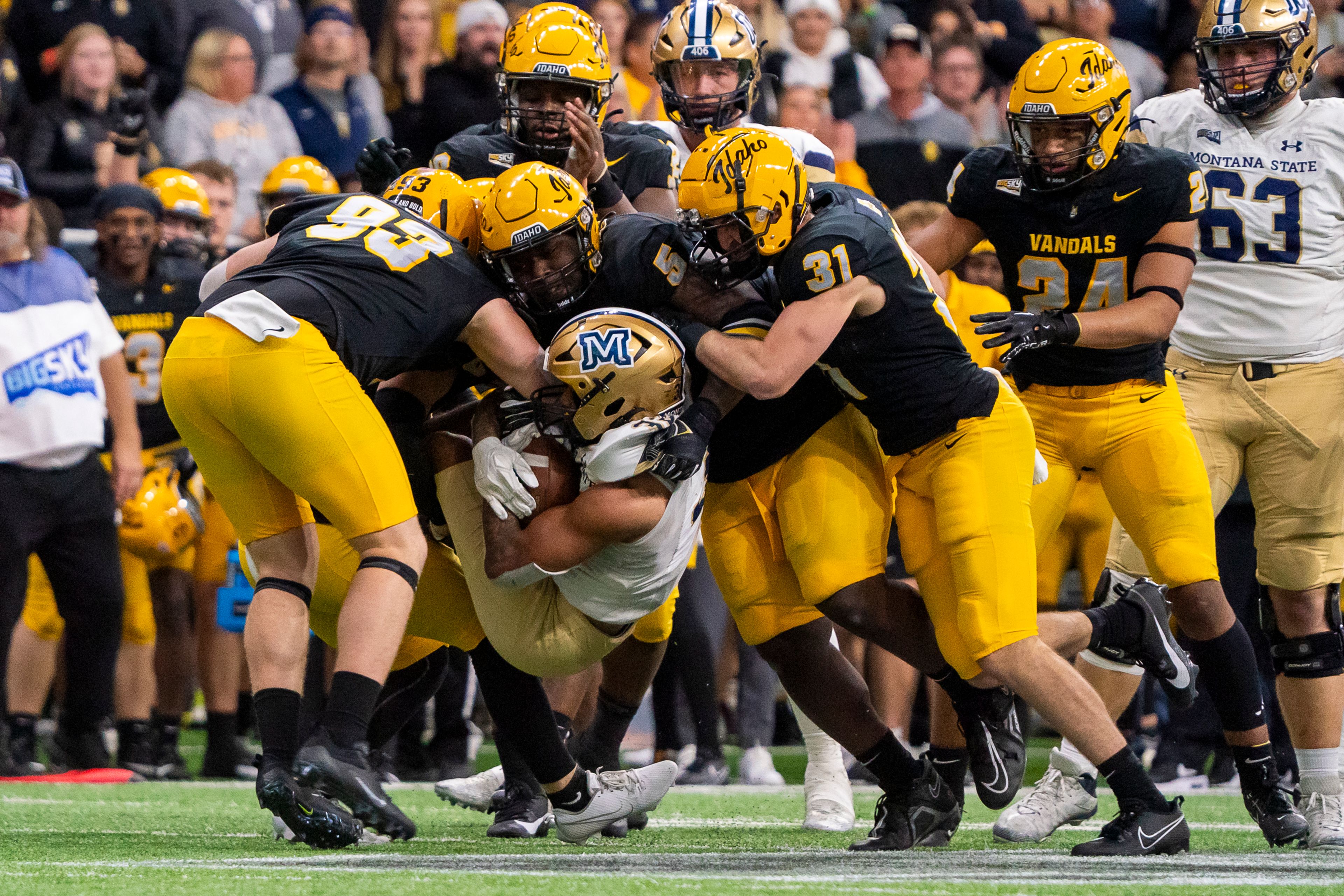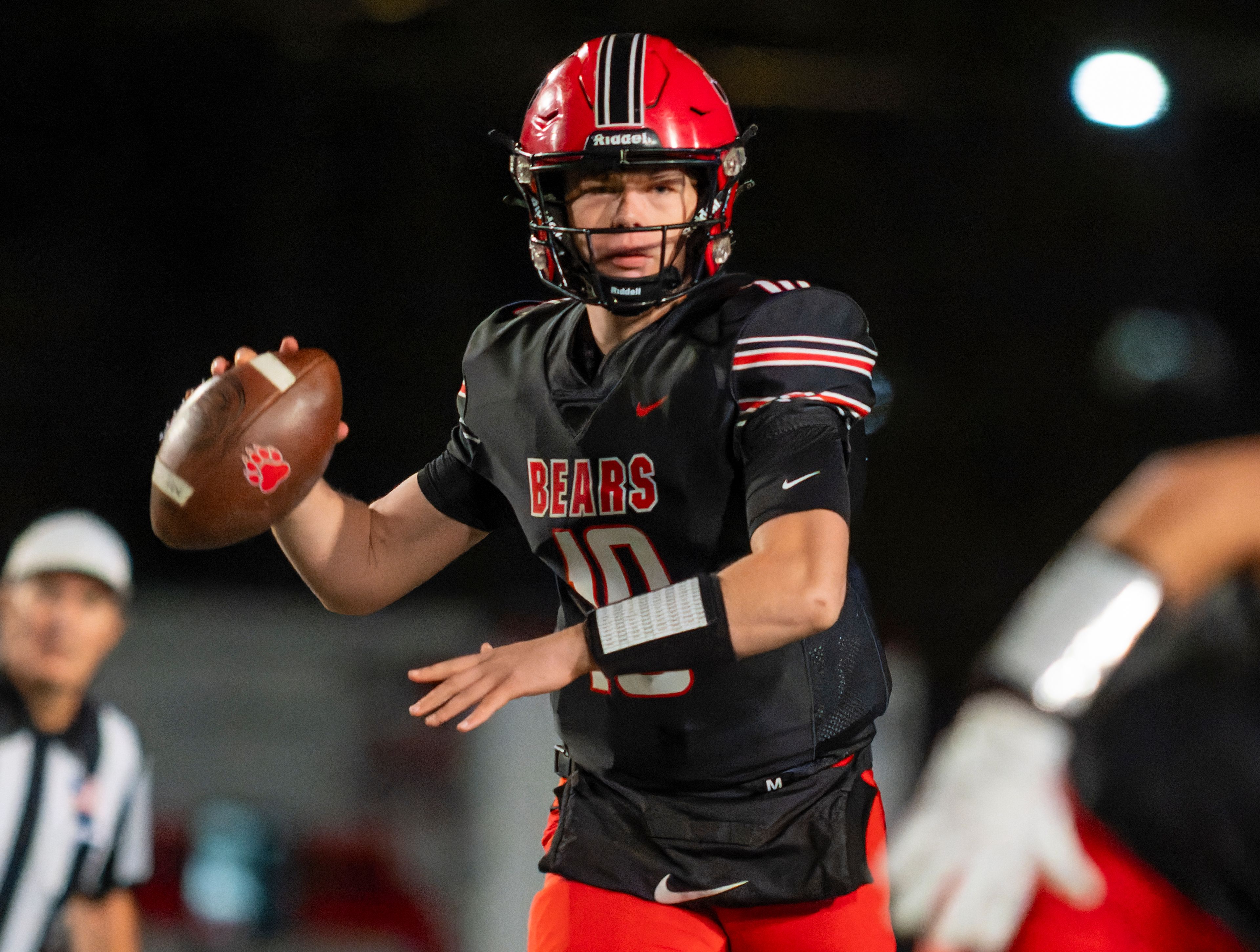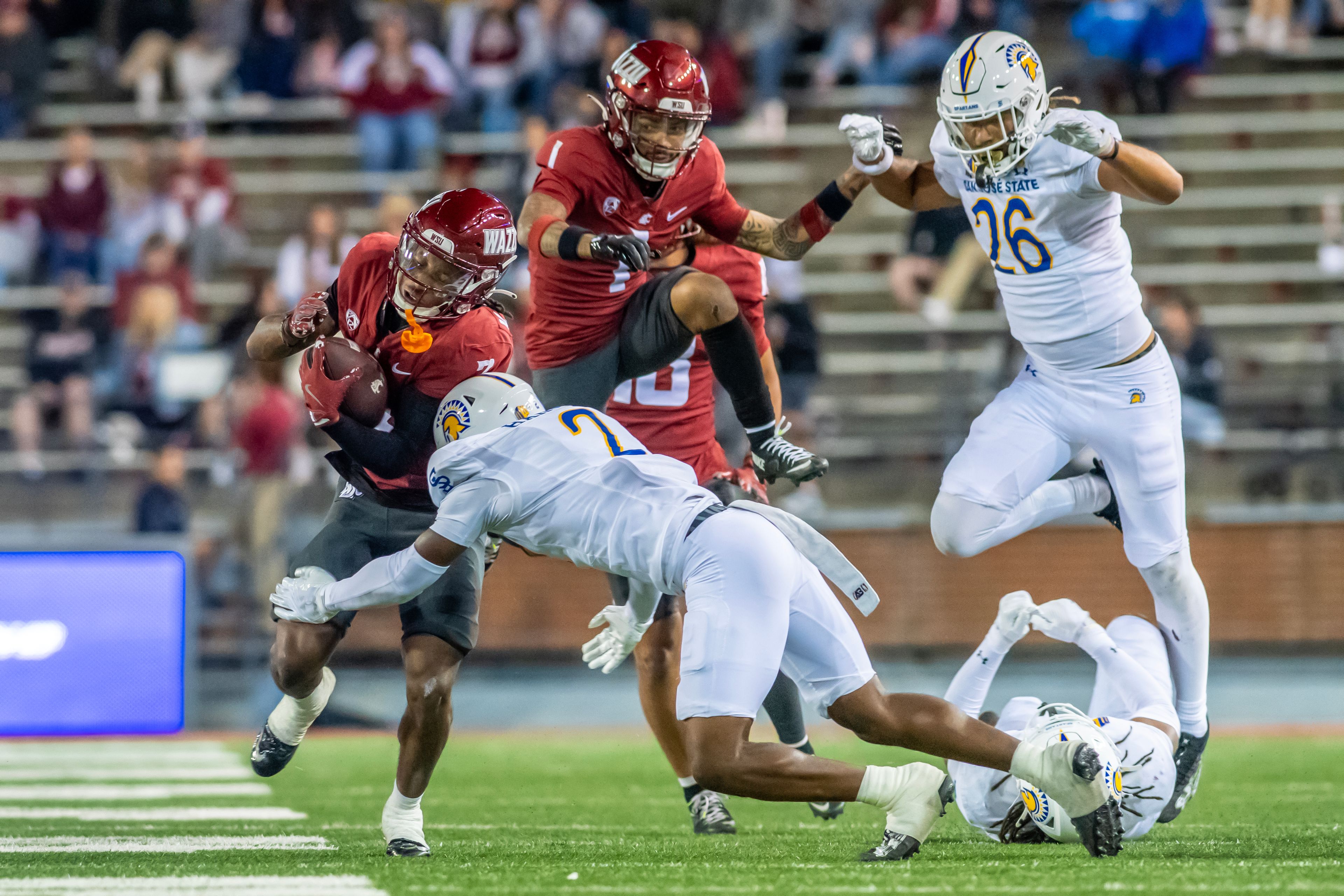When news broke early in 2020 that Mike Leach was leaving Washington State for Mississippi State, a number of colleagues and readers approached me and asked if I were glad to see him go — or, if not glad, acquiescent. I’d covered his Wazzu football teams for eight tumultuous seasons, and it was fair to think I’d maybe had enough.
I hadn’t. Leach was one of the most most distinctive, most baffling people I’d met, and I wasn’t done badgering him. I needed more time to figure him out.
Now, he’s gone. It’s stunning.
In retrospect, maybe the nature of his death late Monday, from complications of a heart condition, at age 61 in a hospital in Jackson, Miss., makes an awful kind of sense. It was decisive, dramatic, from a man who valued decisiveness above almost every other trait and casually exuded drama as a matter of course.
But it’s also, yes, baffling. He was distinctive and baffling to the end.
At Washington State, he’ll be fondly remembered for reviving a program that had been inching upward from the depths of ignominy (the Cougars went 5-32 from 2008-10, two years before Leach’s arrival), and for cajoling the team to five consecutive bowl berths from 2015-19. Of the three turnarounds he orchestrated in his head-coaching career, this one was the most dramatic.
Wazzu never provided ideal soil for his Air Raid offense. He won despite the Inland Northwest weather. He’d have surely claimed at least one Pac-12 championship if not for untimely whims of rain or snow, which repeatedly thwarted Leach and his insistence on instilling the most pass-heavy consciousness of any program in the country.
His offense, in the prototypical form he’d maintained through the decades despite the prudent adaptations of his many disciples, belonged to the South. But he had grown up in the rugged North and loved it there, embracing the lazy rhythms of Pullman as he strolled to work every day and stopped for coffee at Cafe Moro. In his introductory news conference at Mississippi State, he threatened to break into tears when mentioning WSU, and he almost did.
As a football coach, he was a master of space and movement. The cartography of his Air Raid — the simple but endlessly variegated pass routes and blocking schemes — profoundly influenced football from top to bottom.
It was especially well-suited to mid-level Football Bowl Subdivision programs looking for an edge against more talented opposition. His single most impressive statistic in 21 years as a head coach was the 19 bowl berths he wrangled at Texas Tech, Washington State and Mississippi State.
He was less adept at human psychology, and I suspect he felt college football straying beyond his comfort zone with the growth of players’ rights and the advent of image likeness compensation.
Meanwhile, though, he deftly exploited his reputation as a carefree football genius by welcoming journalists’ questions on every imaginable subject and rarely coming up mum. He really did know a lot. He was hilarious. He loved football but tried to use his autodidacticism to prevent it from ruling our lives. To our detriment, he was largely unsuccessful.
His brilliance in regard to football Xs and Os did nothing to brighten his harsh political philosophy, and his habit of showing up late for press gatherings always struck me as arrogant. He countered some of this with impulsive displays of generosity and hospitality, along with his underscoring of his athletes’ education and his interesting soft spot for the nerds and brainiacs in his midst.
The dessert questions at the end of his weekly WSU news conferences grew timesome because of the rapid turnover among the TV journalists asking them. My favorite off-the-grid moments with Leach came after practices, with few or no other journalists around — delectable conversations about Jackson Pollock, late-1960s rock ‘n roll and the odd nooks and crannies of American culture and history.
In the end, I’ll mourn Mike Leach because, shockingly, I know I’ll never get to talk to him again.
Grummert may be contacted at daleg@lmtribune.com or (208) 848-8207.
